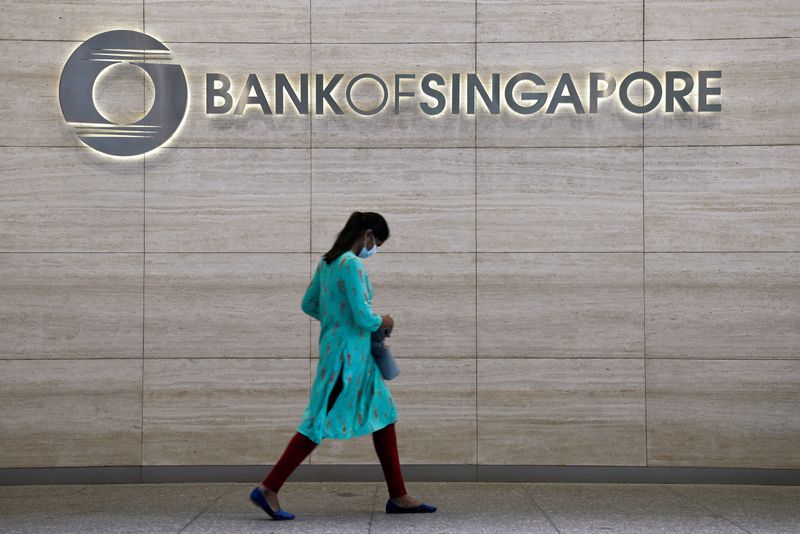By Yantoultra Ngui and Xie Yu
SINGAPORE/HONG KONG (Reuters) – The Bank of Singapore is looking to grow its business in the Middle East, with the region contributing up to 20% of its total revenues and private banking assets over the next three to five years, from about 10 % currently. said CEO.
Bank of Singapore, one of Asia’s largest private banks, has grown its assets under management (AUM) to US$116 billion as of end-September 2023, from about US$20 billion in 2010, according to the latest financial data available for the unlisted company.
The private bank’s Singapore and Hong Kong hubs currently make up the majority of its assets under management.
“The UAE and Dubai in particular have become key destinations for global millionaires post-coronavirus,” Ranjit Khanna, head of private banking for Europe and the Middle East and CEO of the Dubai hub at the Bank of Singapore, told Reuters .
“This has really been driven by people looking for alternatives, really positive strategies from the federal government to attract the wealthy to these parts of the world, the ease of doing business, positive infrastructure, a golden visa regime.”
A growing number of asset managers in Asia are expanding or establishing offices in Dubai, taking advantage of strengthening diplomatic ties between China and the Middle East and betting on rising client demand for geographic diversification.
“I personally believe that the next decade, in the context of asset management, largely belongs to Asia and the Middle East,” Khanna said.
Global net worth, comprising financial wealth, liabilities and real assets, rose 4.3% last year from 0.2% a year ago, with the Middle East and Africa recording a 7.8% increase, according to Boston Consulting Group’s Global Wealth Report 2024.
As a booking center, the United Arab Emirates (UAE) posted the largest percentage growth at 8.9% in terms of cross-border wealth thanks to inflows from Saudi Arabia and other prosperous Middle Eastern markets, the report showed.
The growth also came from the UAE’s increased role as a cross-border hub for Asia and Africa, driven in part by building closer ties with China and attracting significant international investment in the luxury real estate market, BCG added.
Bank of Singapore would consider making Dubai one of its booking centers in the future, Khanna said. The current booking centers are Singapore and Hong Kong.
Bank of Singapore, part of Singapore’s second-largest lender Oversea-Chinese Banking Corporation (OCBC), is also looking to grow its presence in the Middle East by leveraging OCBC’s presence in Southeast Asia, China and Britain .
OCBC’s assets under management, including those of the Bank of Singapore, rose 2% in the second quarter to a record S$279 billion ($213.5 billion).
In addition to tapping into the growing wealth of global South Asians, people in the oil-rich Gulf states and Europeans in Dubai, the Bank of Singapore also saw opportunities and rising interest from wealthy Chinese clients, Khanna said.

“I definitely see an increasing flow of mainland Chinese customers coming to Dubai and the region in general,” he said.
($1 = 1.3070 Singapore dollars)


